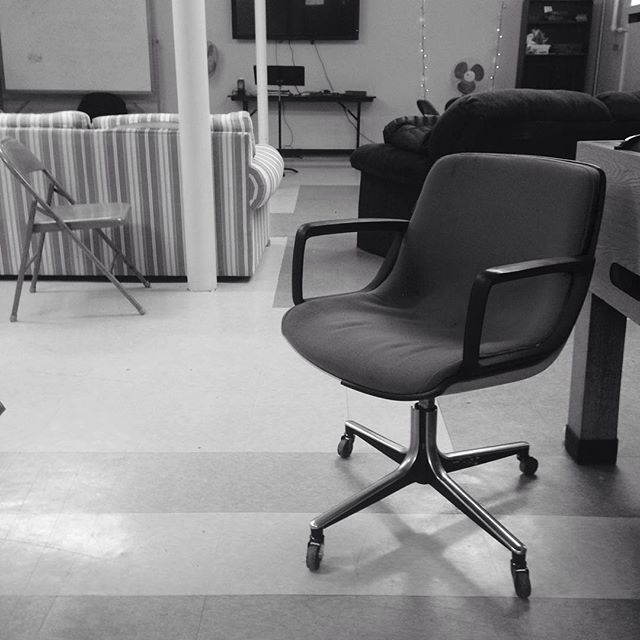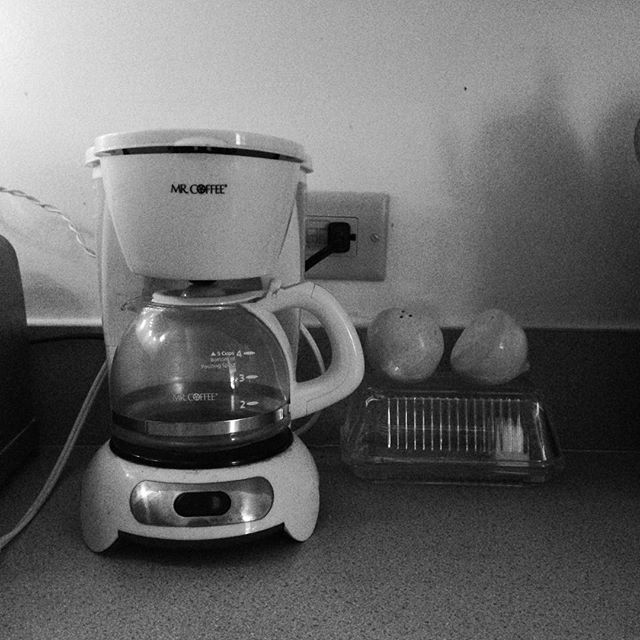I feel gratitude by degrees. If someone holds the door open for me, I say thank you. If someone buys me a car, I say thank you—but if I'm honest, I'm feeling a lot more thankful for the car than I am for the door.
In a strictly utilitarian sense, I could make a chart numbering from one to ten, and instead of saying thank you for things, I could say,
"My level of gratitude towards you is somewhere between five and six." Even though it's technically a more articulate way to express my thanks, it wouldn't make sense to anyone. But the simple phrase we use for everything can't always express the depth of gratitude.
Take the leper . . .
Jesus was on His was to Jerusalem when ten men who had leprosy called out to him from a distance, "Jesus, Master, have pity on us!"
Leprosy. For anyone in the first century A.D., the diagnosis brought the cold chill of dread. It meant pain, exile, shame, and a slow, excruciating, unstoppable death. It killed nerve endings, stunted the larynx, and slowly ate skin away until there wasn't much left. Leprosy was thought to be wildly contagious, so lepers lived in communities outside the city with specific boundaries for their habitation. They had to yell, "Unclean, Unclean!" if anyone even came near,
When Jesus saw them, he said, "Go, show yourselves to the priests."
The priests were the authority on health. If they declared a person clean, he was clean. If they declared a person unclean, he was unclean. If you thought you were cured of an infectious disease, you had to be checked by the priest before you could re-enter the community.
As they went, they were cleansed.
Instantaneously, completely, just-like-new cleansed. Fingers and toes that had been lost were back, gaping wounds were suddenly new skin, and weak voices and limbs became strong and vigorous.
One of them, when he saw he was healed, came back, praising God in a loud voice. He threw himself at Jesus' feet and thanked him—and he was a Samaritan.
Samaritans and Jews were rivals. They hated each other—the Samaritans had intermarried with gentiles, the Jews didn't like it, and the Samaritans didn't like that the Jews didn't like it. They never interacted voluntarily, and when they did it certainly wasn't civil. But here, a Samaritan cast himself down in a position of voluntary subservience to a Jew and tried to express the breadth of his thankfulness to Jesus—technically his foe.
Jesus asked, "Were not all ten cleansed? Where are the other nine? Has no one returned to give praise to God except this foreigner?"
The freshly healed leper, brimming with delight and gratitude, looked around in stunned silence. Maybe he had yelled to the others to join him and they'd started back with him then changed their minds, or maybe he hadn't give them a second thought. The biblical author didn't see fit to include a reply—maybe the only answer was a shrug.
Then Jesus said to him, "Rise and go; your faith has made you well."
And we can assume he did, and that's the end of the story. One man got a five verse mention in the Bible because he stopped, turned around, and said thank you. On the scale of gratitude, he would have come in at 10+, but all he could do was praise and say thank you again and again. Mere words couldn't express the wild joy he must have been feeling, or his thankfulness. Jesus had given him his life back. He could go back to his family, friends, community, and work. He could move without pain, talk louder than a whisper, and feel heat and cold again for the first time in years. Jesus had restored everything. It must have seemed obvious to the leper, now a whole man—how could he not say thank you?
God gives and God takes away. This year He's done both, and we don't know why—but we know He is sovereign and we know all He does is good. Sometimes that's all He chooses to tell us and it has to be enough. In the midst of pain and confusion we have a God who cares, who heals the leper, and who loves us unconditionally.
How can we not say thank you?
*Story from Luke 17:11–19 (NIV)
** Happy Thanksgiving!!!







